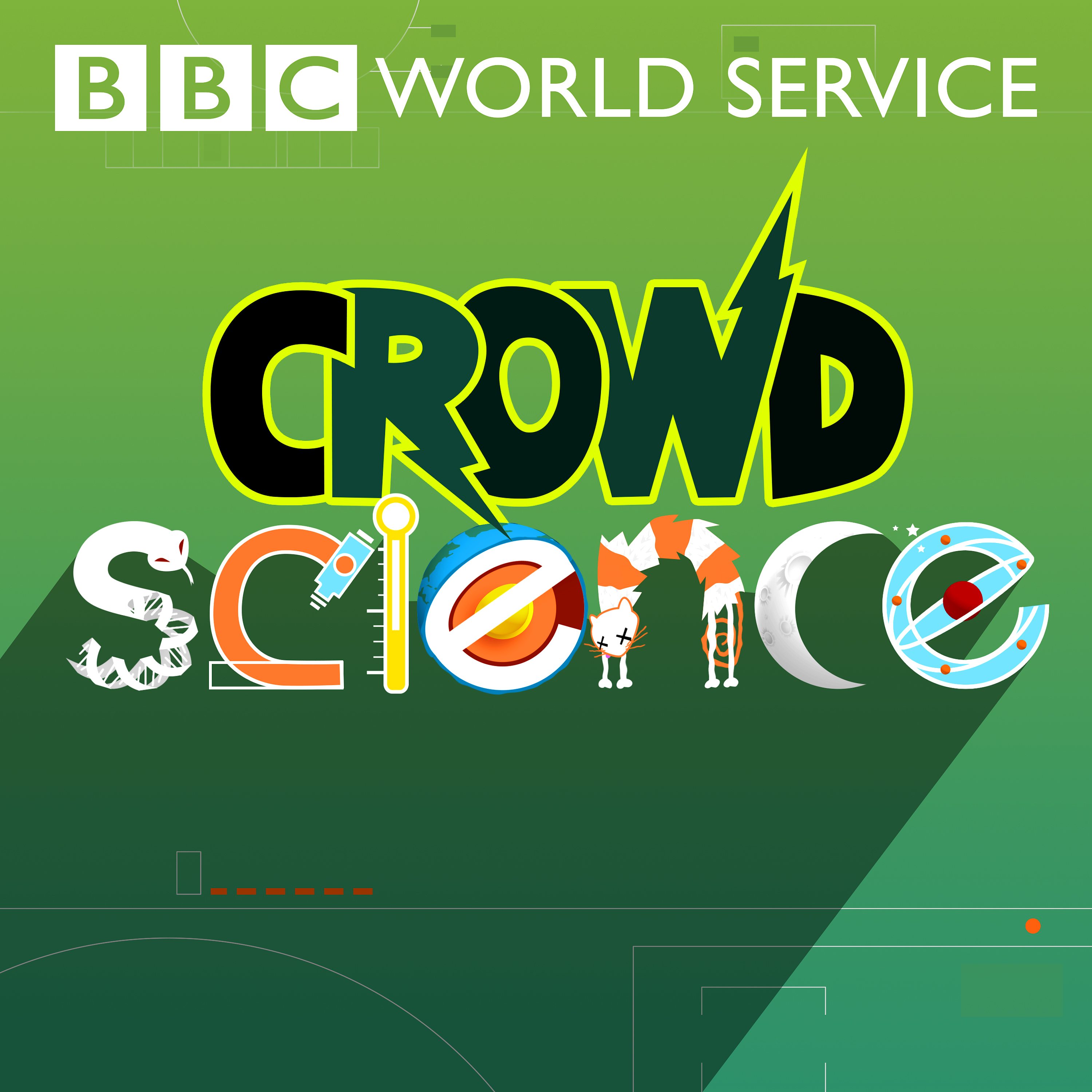Can Artificial Intelligence teach itself?
Description
Welcome to the exciting new field of generative artificial intelligence - or generative AI. We’re not talking about robots or spaceships: instead these are image generators and chatbots that are already revolutionising the way people write, research and interact in the virtual world. Their capabilities are extraordinary. But before they can produce results they first need to be trained on vast amounts of data. And that’s what got CrowdScience listener Ian wondering. He says: “Before long, much of the material on the internet will have been written, or at least co-written, by AIs. What will happen when AIs are being trained on texts they have written themselves?”
To answer this question Anand Jagatia first meets artist and scientist Michelle Huang. Michelle recently embarked on a therapy project to try and connect with her own “inner child”. She took a decade’s worth of her diaries from her childhood and fed them into an AI to try and simulate a conversation between her and her younger self. Can a machine convincingly recreate the voice of a human being? You can be the judge!
Then, data scientist Briana Brownell joins Anand to explain a little about how ‘generative AI’ like this actually works. Together they open up the popular chatbot, ChatGPT, to put it to the test: but can it help Anand solve his personal conundrum?
Now that we understand what AI is capable of we also need to know its limits. AI researcher Pablo Villalobos describes the process of training generative AI and where it gets its material from. The amount of data consumed in this way keeps going up and up, Pablo and his colleagues have been calculating exactly when that data is likely to run out. Pablo also discusses recent research exploring a unique effect that occurs if AI is repeatedly trained on its own material. Finally, Briana Brownell returns to cover a range of wider issues related to artificial intelligence and what effects it might have on our future.
Presenter: Anand Jagatia
Producer: Phil Sansom
Editor: Richard Collings
More Episodes
Around the world, coastlines are constantly changing due to the power of waves, currents and tides. Coastal areas are also some of the most heavily populated and developed land areas in the world. So it’s not hard to see how the natural process of coastal erosion can cause serious problems for...
Published 04/19/24
Published 04/19/24
How do we know where a sound is coming from?
Another chance to hear this ear-opening episode, exploring a question from CrowdScience listener Chiletso. One day, he heard his son bounce a ball and instantly knew the direction it was travelling. How?
Anand Jagatia sets out to discover what makes...
Published 04/12/24


